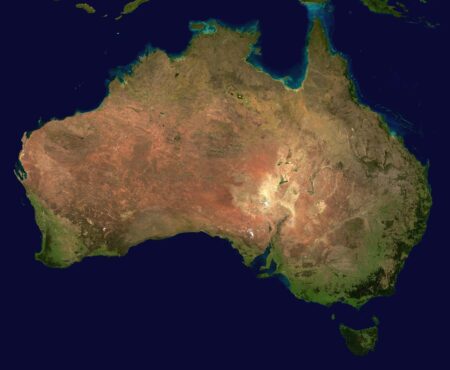Emerging Energy Corp (EEC), a German energy investment organization, has stated it is looking for a partner to conduct a green hydrogen feasibility study in Niger.
The announcement follows the signing of an agreement between the government of Niger and the EEC for a green hydrogen commercial plan in February 2022 – with initial discussions commencing at the African Energy Week (AEW) in 2021 – and is regarded as the next step in developing a competitive hydrogen market in Niger.
According to EEC, the firm seeks a skilled partner with experience in planning and technical and economic feasibility studies, who will be responsible for conducting the study and analyzing the prospective market. The study will be conducted in stages, with the first consisting of an analysis, identification, and recommendation of site and the levelized cost of hydrogen, and the second consisting of an analysis of a pilot project that evaluates the next steps in the project, with the partner recommending a timeline and criteria for development.
Niger’s abundant, untapped renewable energy potential, combined with the country’s strategic location and proximity to European markets, provides an opportunity for the west African energy market to strengthen its position as a regional and international energy hub while addressing domestic energy issues. With only 19.5% of Niger’s population having access to power, this project will aid the government’s electrification efforts while encouraging industrialisation through enhanced energy supply to key industries, job creation, and GDP expansion.
In addition to advancing the expansion of Niger’s energy market, the creation of a green hydrogen market will position west Africa as the next frontier for low-cost green hydrogen generation. Other hydrogen developments in the region strengthen west Africa’s position as a future centre for green hydrogen, with neighboring Mauritania leading the way and Nigeria in the midst of drafting its own green hydrogen strategy.
In addition, the green hydrogen boom in Niger, which is expected to generate significant cash for the government, would enable capital allocation for a number of energy sector initiatives. Consequently, Niger might see significant, self-generated investments flooding into the oil, gas, and renewable industries, supporting the construction of new projects and the expansion of current ones.








